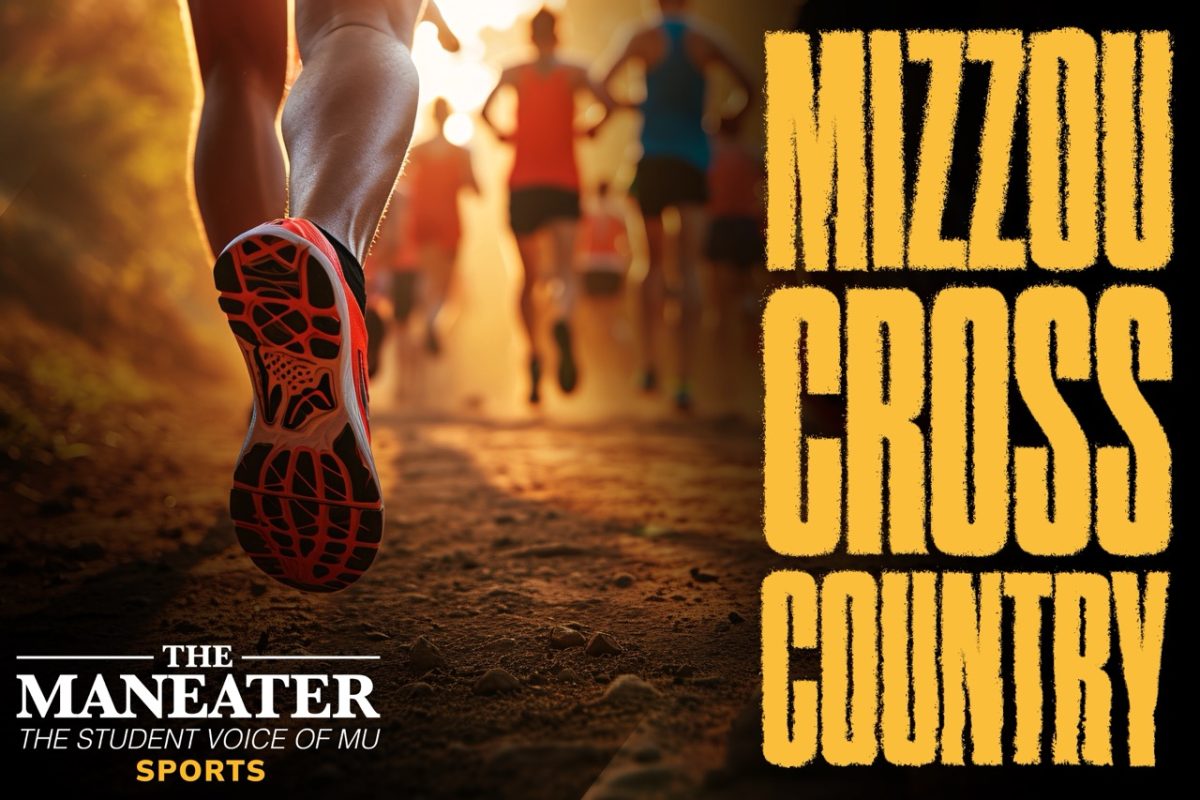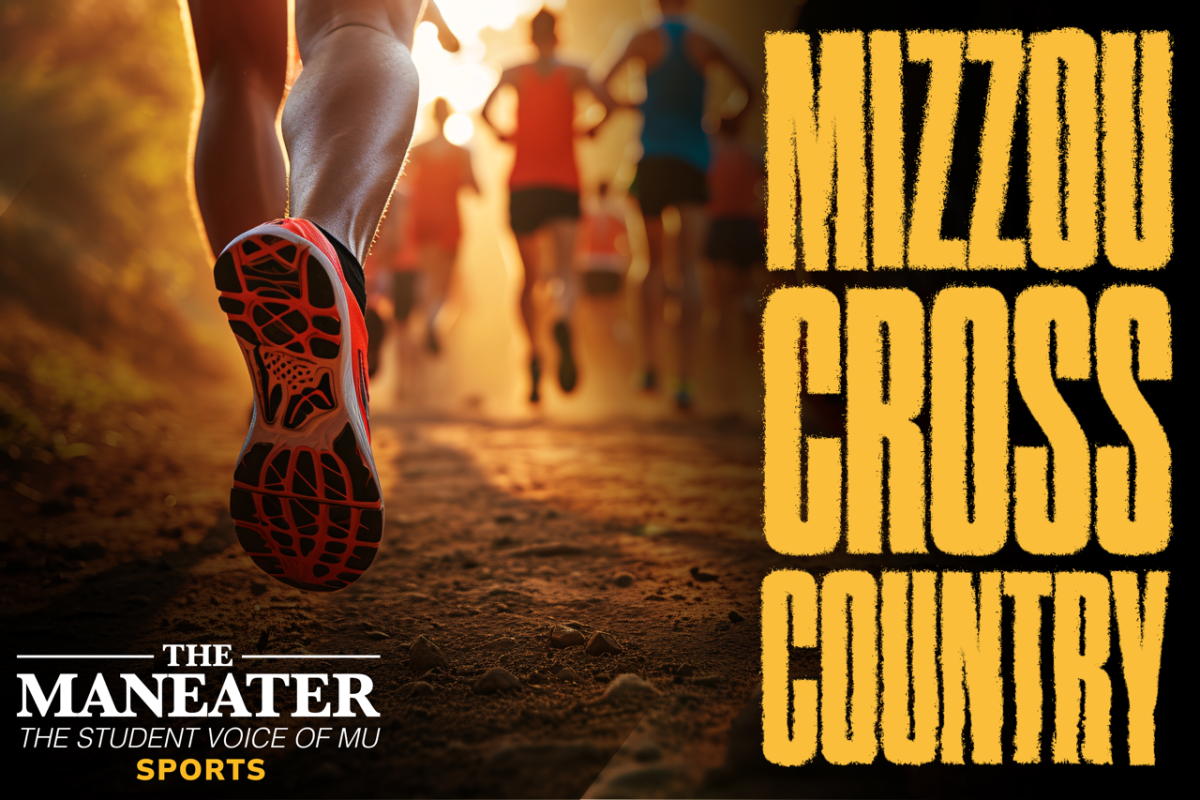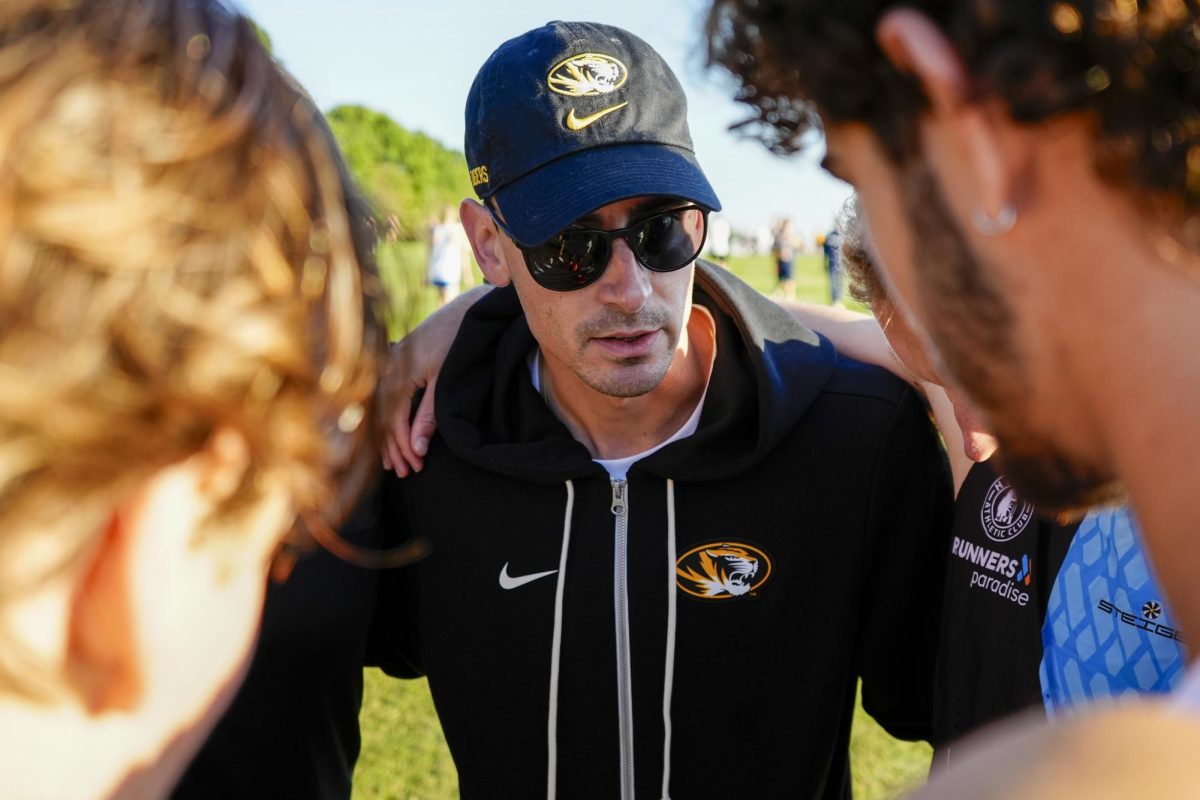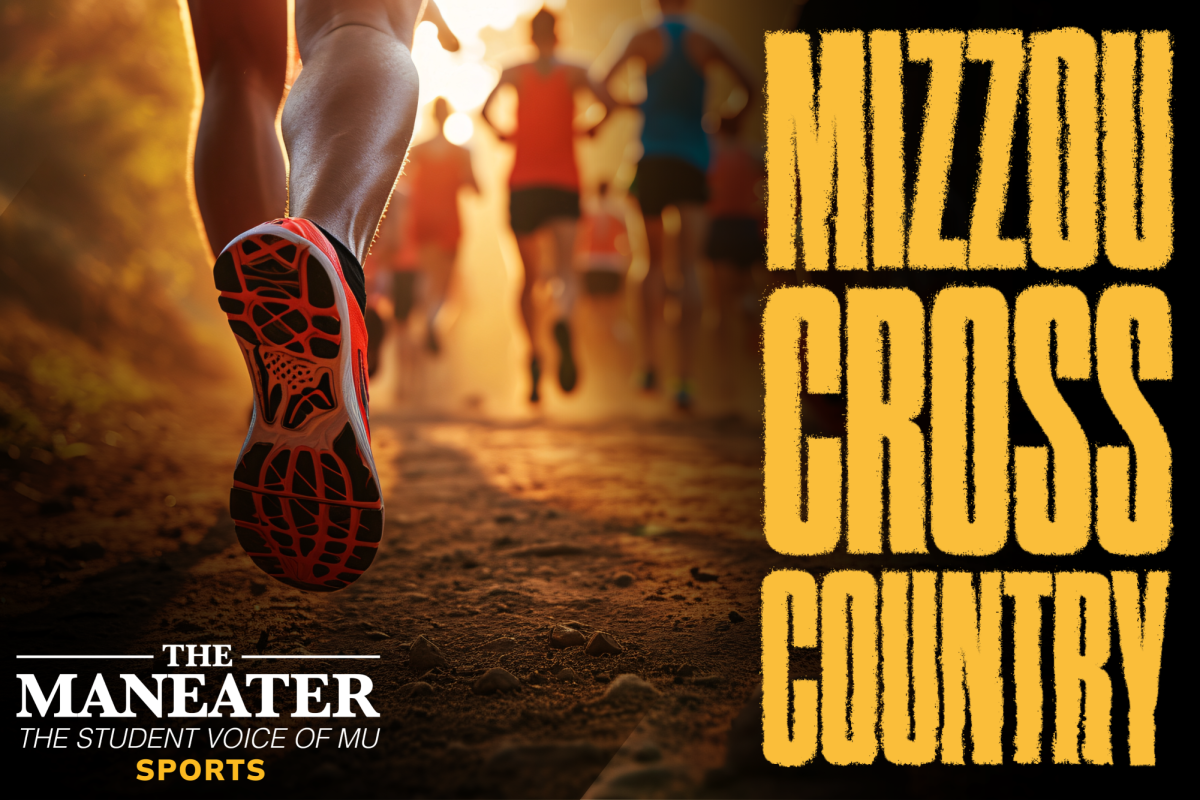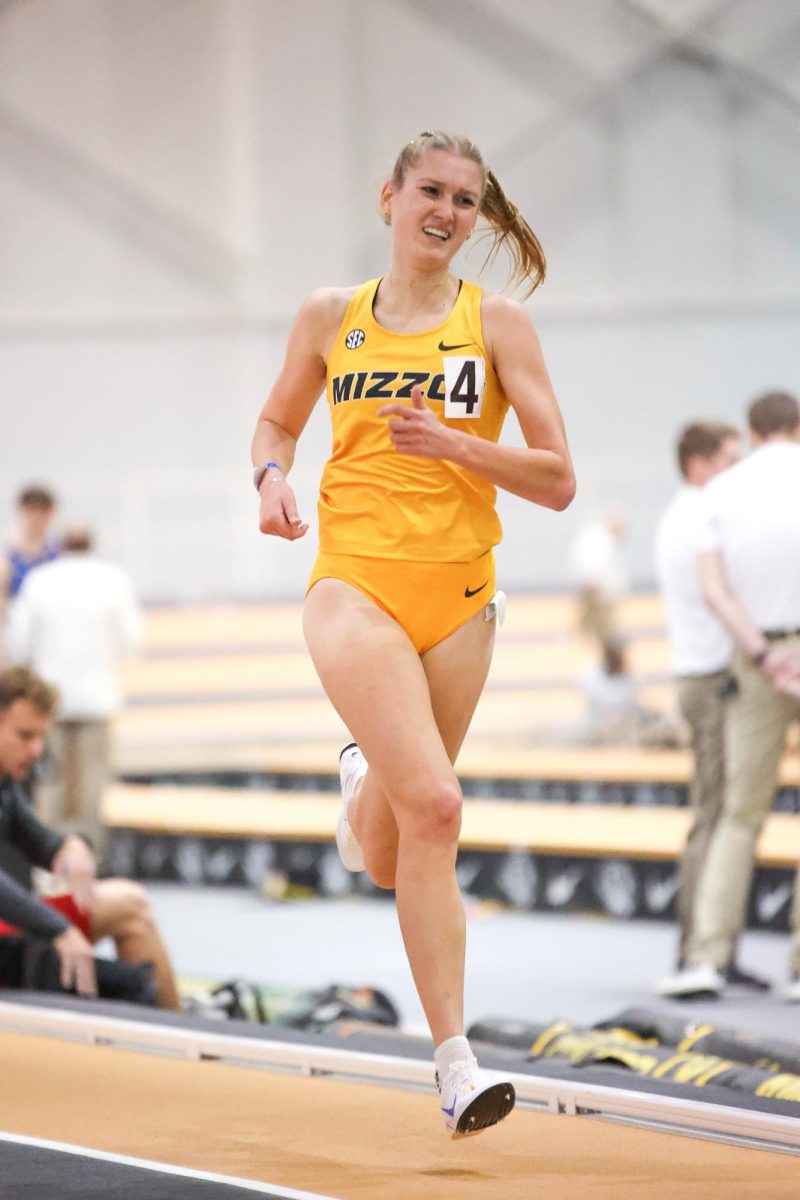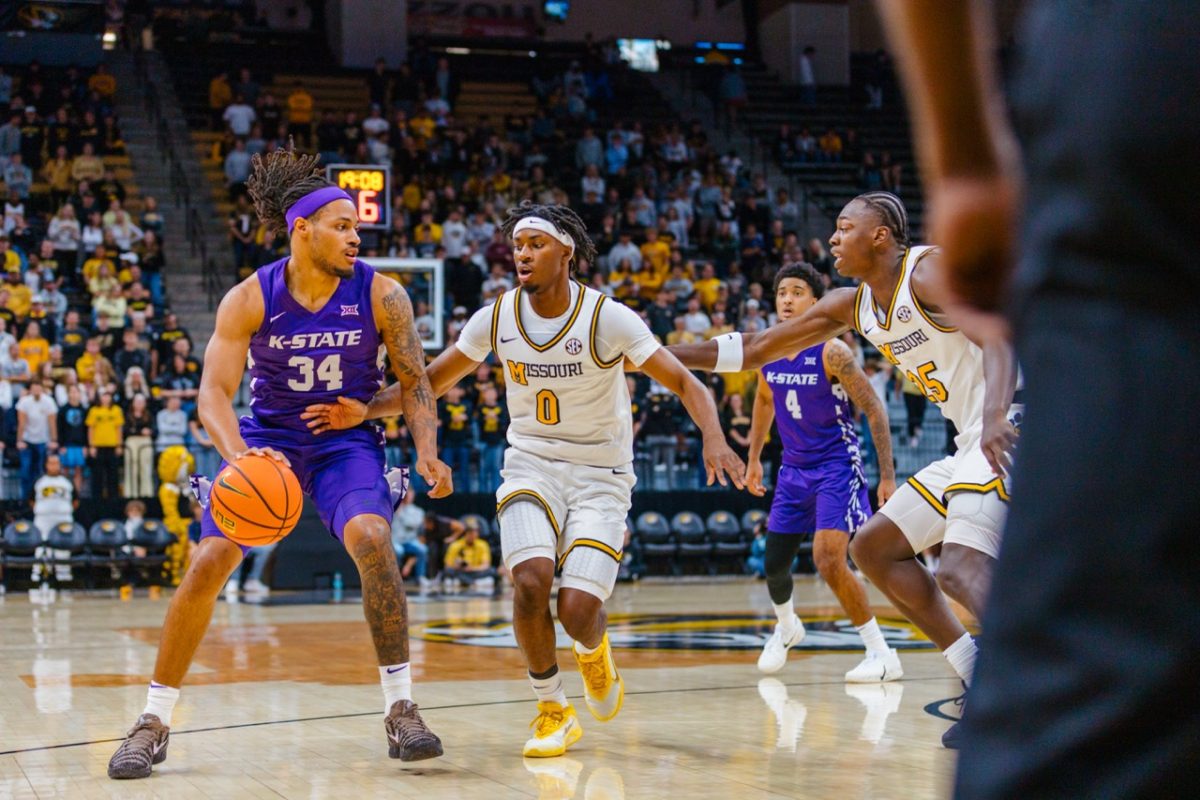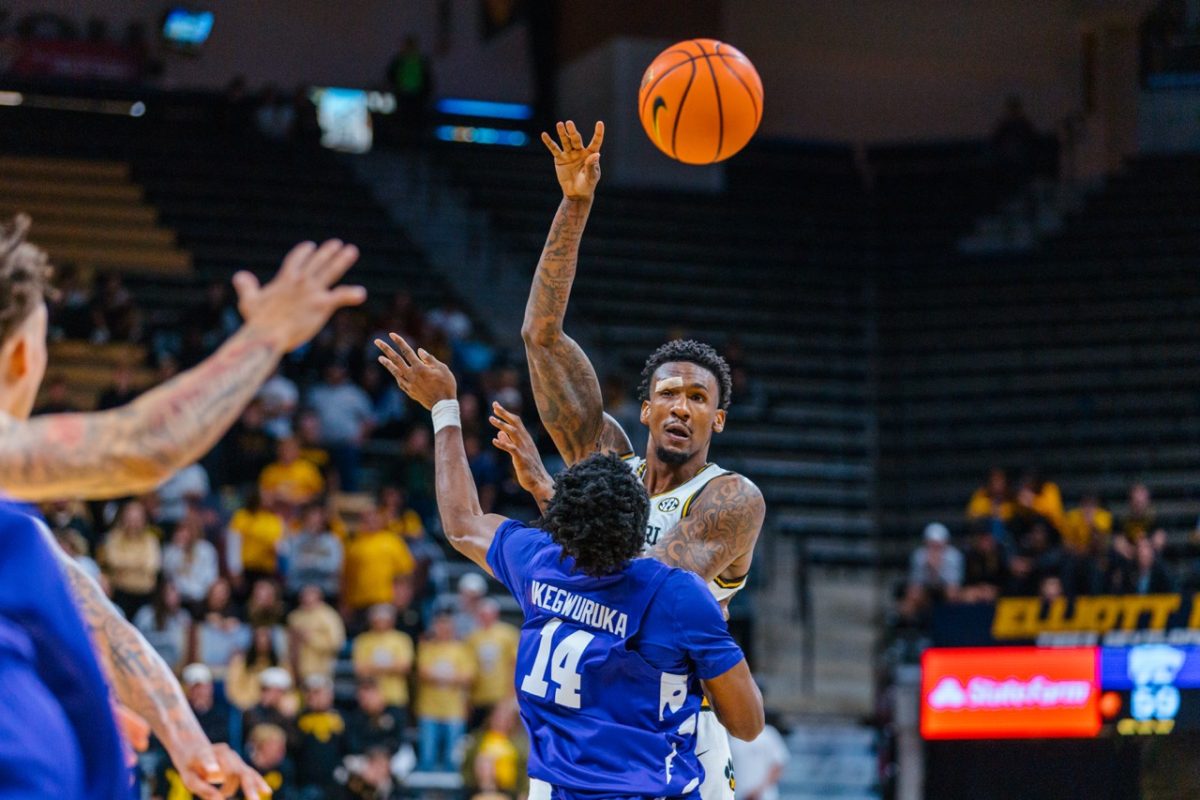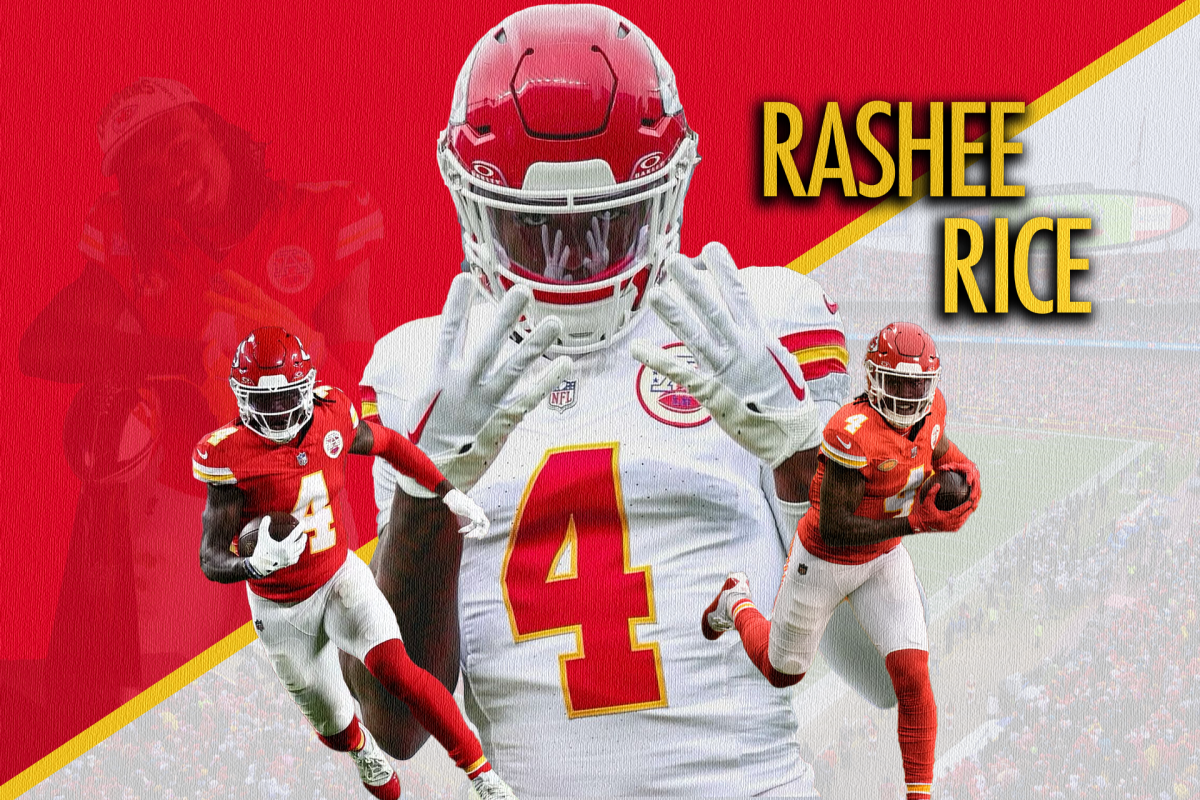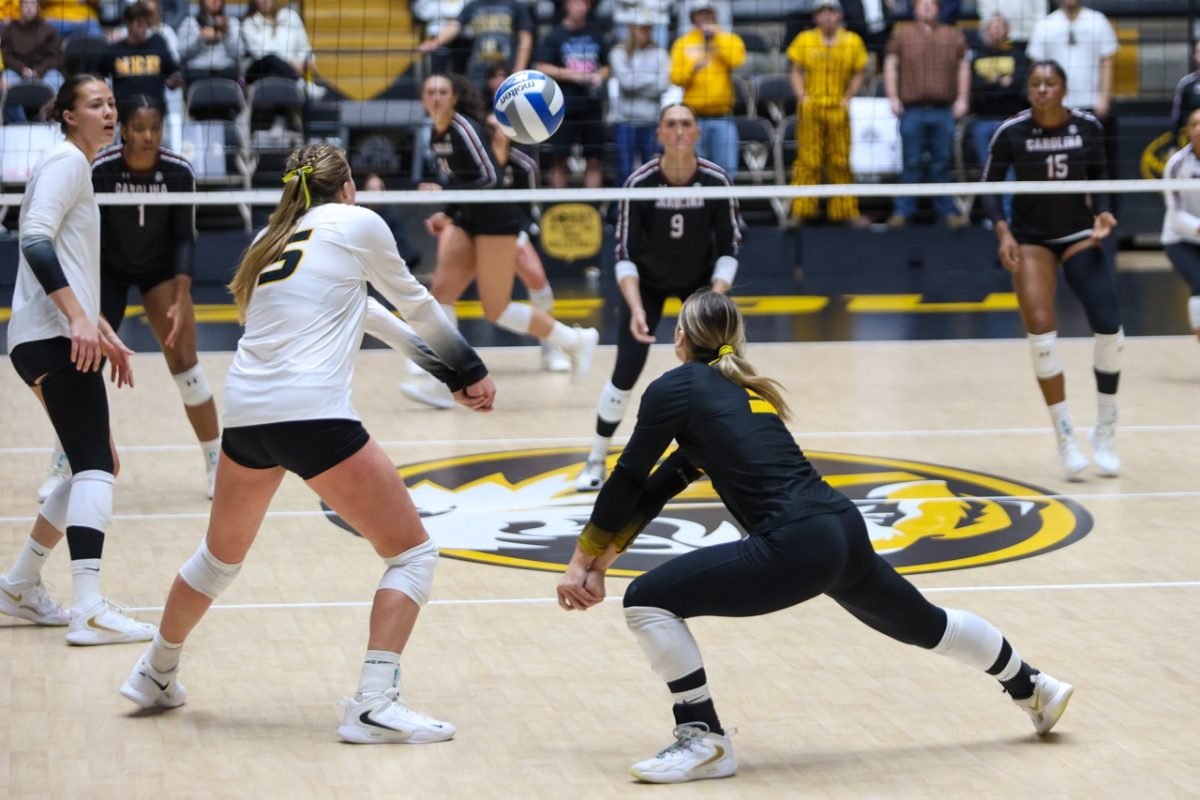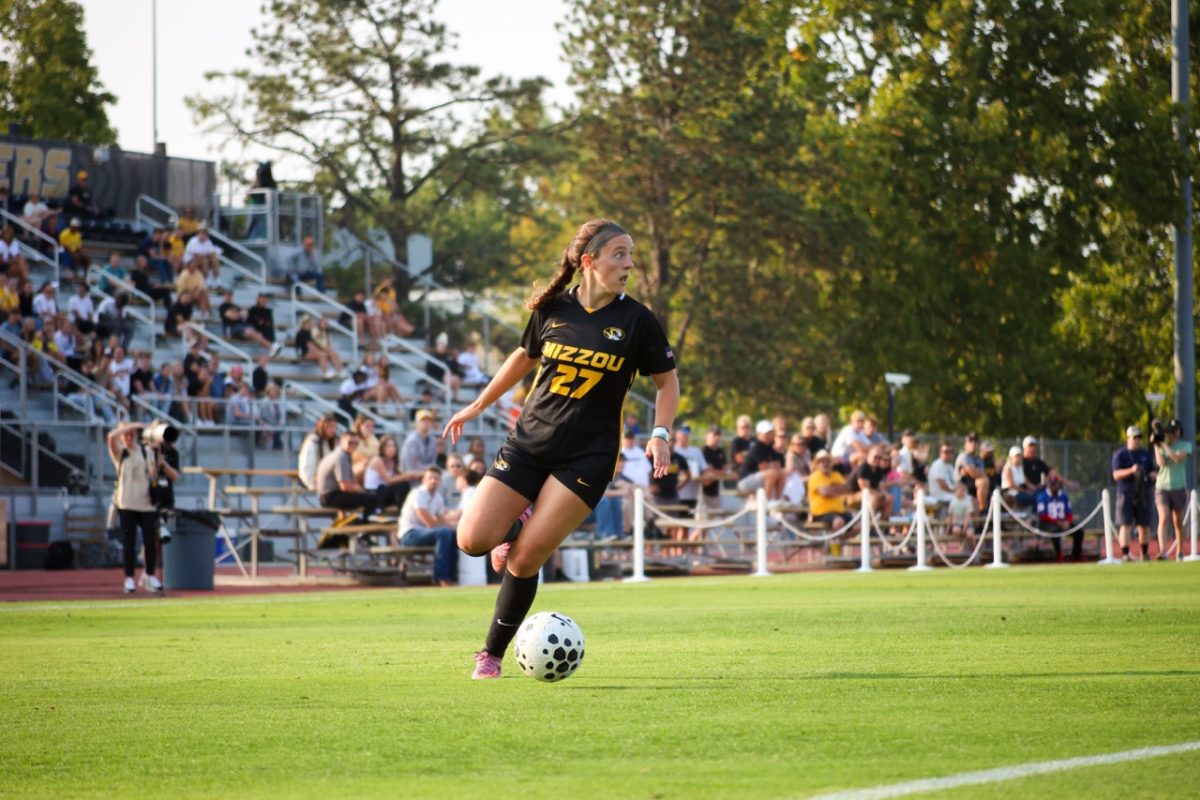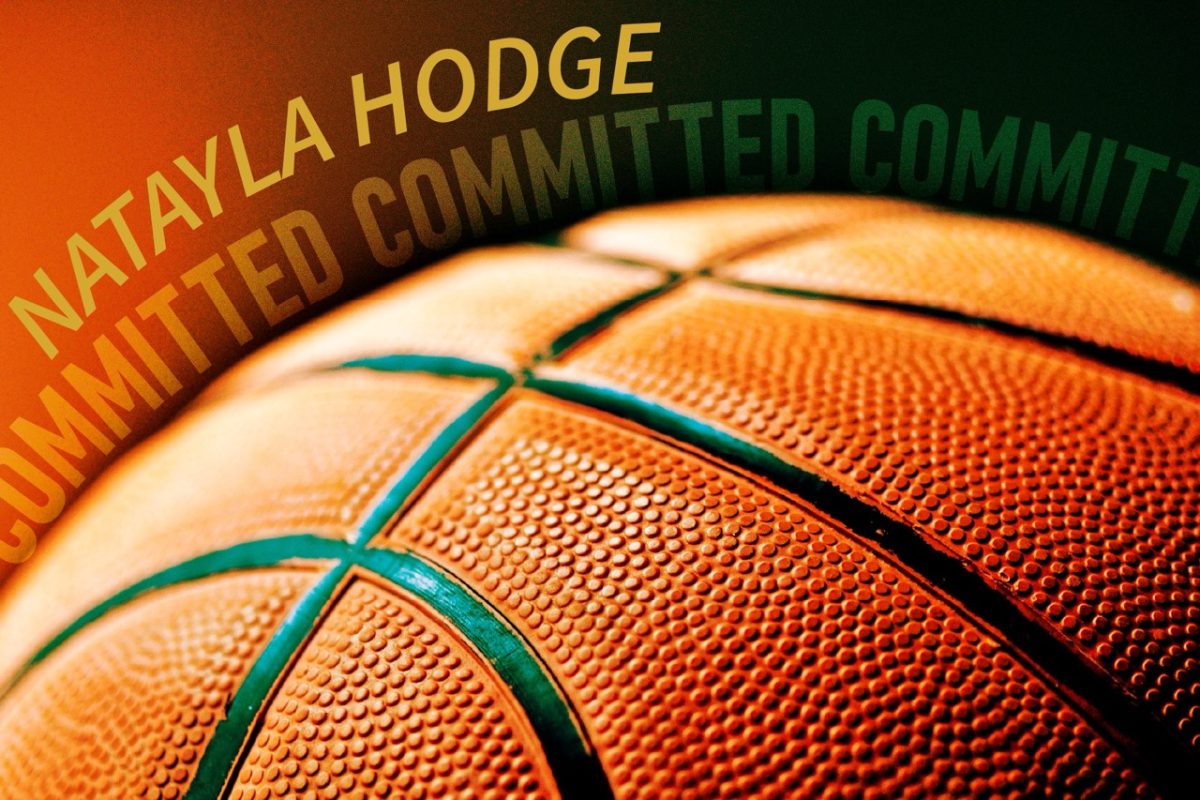On July 11, 2014, the Mizzou cross-country team announced that Marc Burns would be the Tigers’ new head coach. As soon as he could after the announcement, Thomas George sent him an e-mail. George wanted to be recruited by Mizzou.
Burns had recruited both George and his twin brother Alex while he was the coach at Bradley University. When Burns came to Mizzou, he continued to recruit George, who is a year behind Alex in school.
George, a freshman from Gloucester, England, is one of three British runners who have joined the Tigers’ cross-country and track programs. He joined the team with first-year graduate students Ollie Lockley and Luca Russo.
George ultimately chose the Mizzou over Iona College and the University of Arkansas, the school his brother attends. Though he is very close with his twin, George felt it would be the right choice to come to Mizzou.
“We decided it was probably best to go to different schools because of how competitive we get,” he said. “It’s great having us to train, but too much of us around each other and we kind of butt heads a bit.”
In the United Kingdom, George posted the 14th fastest mile time of any runner under 20 in 2015. He is expected to make an impact in both track and cross-country as a freshman.
George was the first of the three new British runners to arrive at Mizzou. Burns has been impressed with George’s attitude toward the sport.
“I really like George,” Burns said. “He thinks about what he’s doing. He just understands that it’s a process, he’s patient. I like that a lot. It’s a very mature outlook on training.”
Going into the season, George hopes to finish as the top freshman at the Southeastern Conference Championships, just like his brother Alex did last season.
Russo and Lockley took a different route than George to running in the U.S. Both ran for three years at St. Mary’s University in England.
As a first-year graduate student, Russo will have two years of eligibility for cross-country, indoor and outdoor track. Lockley, also a first-year graduate student, will only have one year of cross-country eligibility but two years of both indoor and outdoor track.
As the coach of a team with many young runners, Burns feels that the presence of Russo and Lockley will be valuable.
“What struck coach (Brett) Halter and I most about those guys was just their maturity level,” Burns said. “They bring in a level of experience and maturity that will be really good for our team as we continue to grow.”
Russo has already made his debut for the Tigers. He finished 20th at the Forest Park Cross Country Festival, eighth best on the Mizzou team. George will make his debut this year, but Lockley will not be eligible to run cross-country until next fall.
Burns traveled to England in an effort to recruit the three British runners. His trip ended up being one of the main reasons Russo came to Mizzou.
“Coach Burns came over and visited us, which is really cool,” Russo said. “No one else made that sort of effort, and he was always the most interested.”
Burns has built a relationship with the St. Mary’s University coach and plans to make more visits overseas to keep these connections and make new ones. Like Russo, Burns’ visit was pivotal in Lockley’s decision to come to the United States.
“I got interested when Coach Burns came over to England, and I set up an interview with him and we just got talking,” Lockley said. “I considered it beforehand but then he sold it to me.”
Russo, who is from Kent, England, has had more experience in the U.S. than his British teammates. He has visited family in Boston and also spent a semester of his sophomore year in Philadelphia. For Lockley and George, the experience in the U.S. is mostly new.
“Everything’s really big … I’m just getting used to it all,” Lockley said. “It’s a good culture shock. It’s definitely a good change.”
Burns feels that the British runners will help the current runners on the team. Not only will the new runners be a strong addition physically, but they will also be able to educate their teammates about a different culture.
Ideally, Burns would like to see U.S. runners traveling overseas to visit their British teammates.
“We’re excited about having the international presence on our team,” Burns said. “I think it helps us build that piece of team culture. It’s unique to have that.”
In cross-country, men usually race on 8,000- and 10,000-meter courses. After a 4,000-mile trip across the Atlantic Ocean, that distance should be pretty manageable for George, Lockley and Russo.


